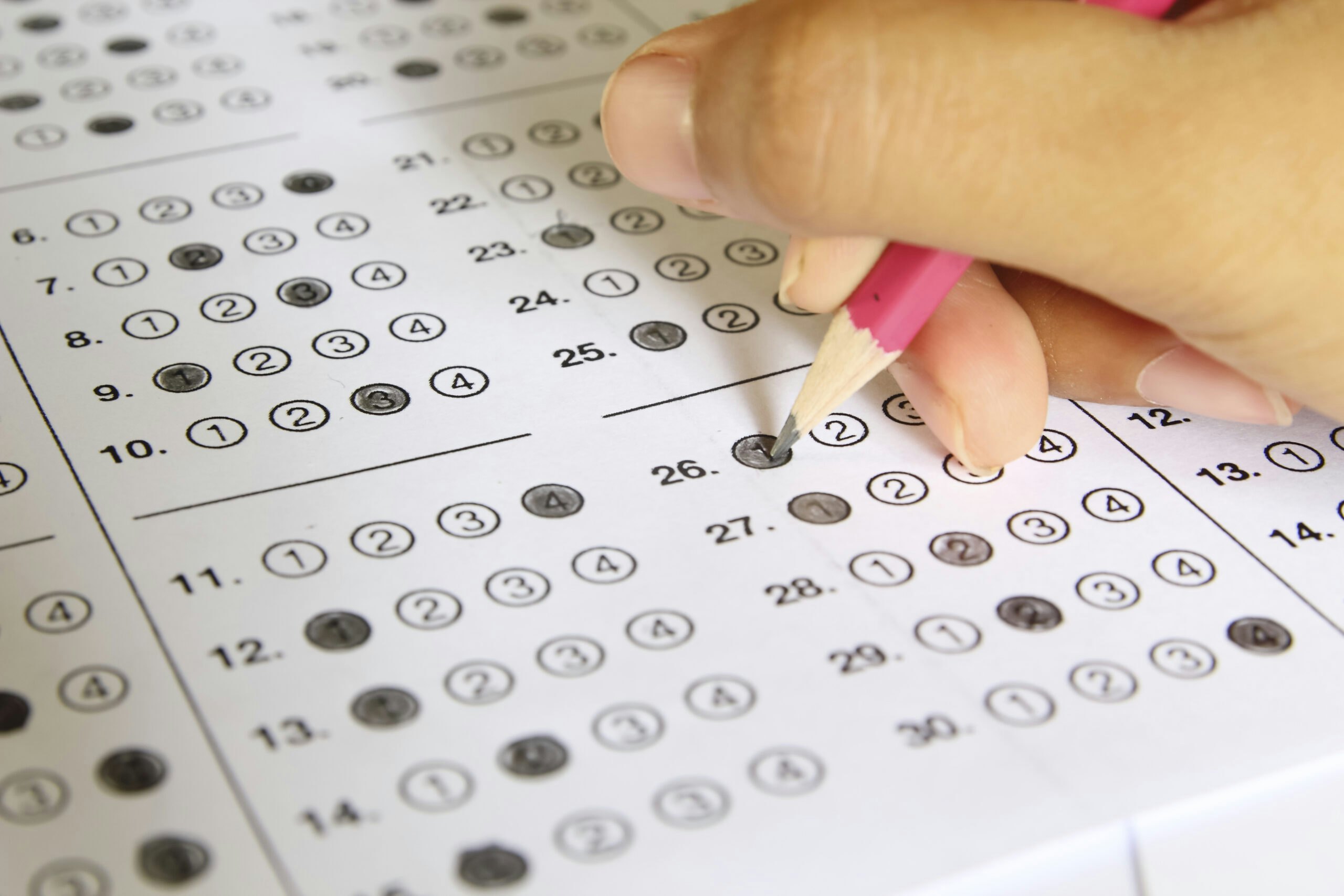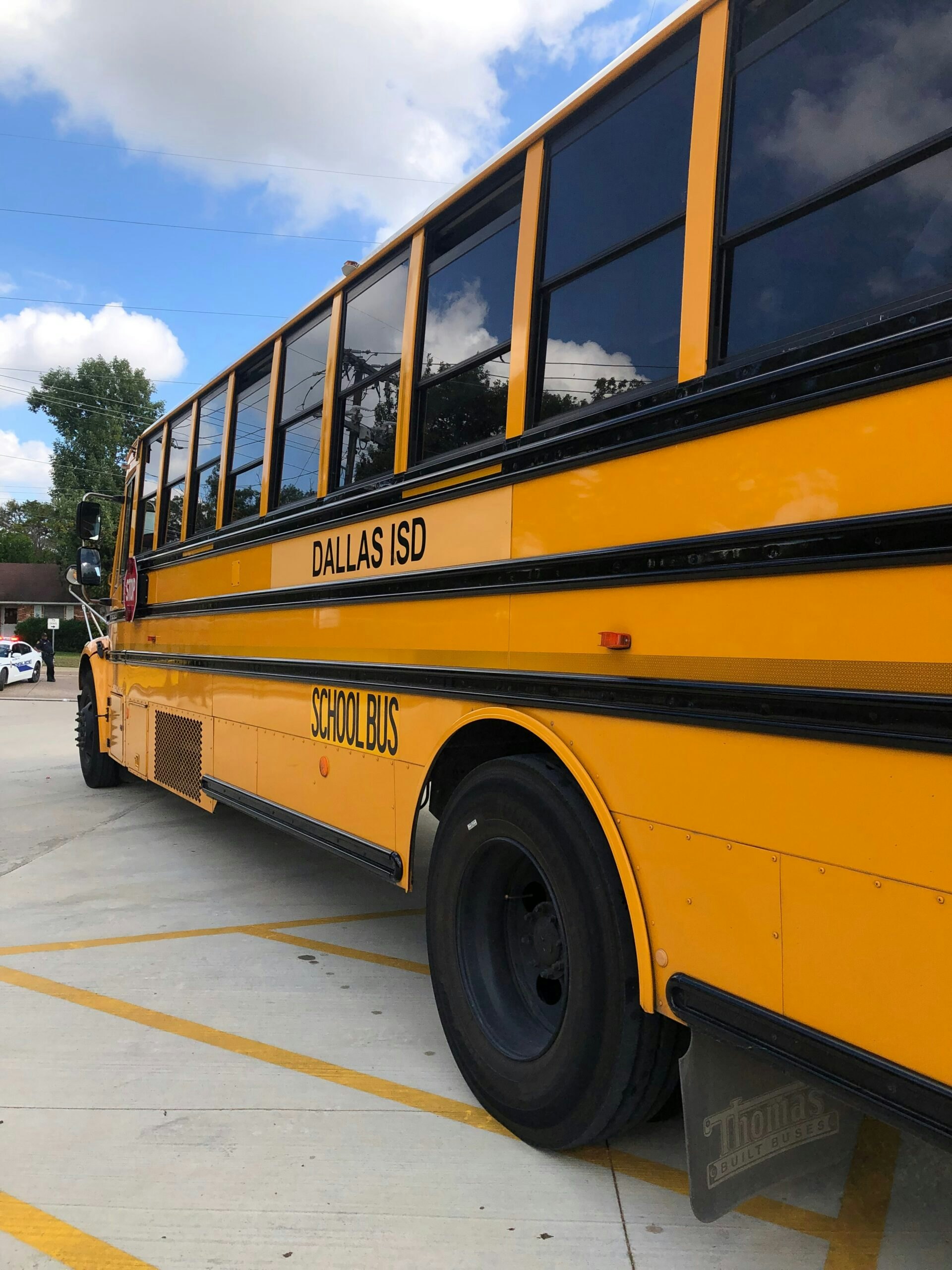Book bans are making national headlines, but the debates are obscuring the real outrage– that far too many of our students aren’t reading at grade level.
Book ban bills are prominent in many states across the Nation detracting from the fact that only 35% of fourth graders are proficient readers, according to the 2021 National Assessment of Educational Progress. And far too many Black and Hispanic students are behind their peers in reading.
Anne Wicks, the Ann Kimball Johnson Director of the Bush Institute’s Education Reform Initiative, explains in an op-ed for The Tulsa World why our focus needs to change.
“Instead of banning books, we should focus on creating strong readers, encouraging transparency between educators and parents, and offering students well-stocked school libraries. Let’s not get distracted into solving for the wrong X in this equation.“
Regarding book selections in school, Wicks states:
“It’s entirely reasonable to expect that educators tell parents what books are being used in class or featured in a school library. Transparency builds trust. Teachers should be able to articulate the themes of a book, the purpose of teaching it in a particular class, and what supports will be used to teach difficult elements of a particular text. Parents should be able to ask questions along the way.
But we shouldn’t try to wall off students from information about our history or today’s social issues – as authoritarians do – but to help them navigate difficult material.
As former Florida Gov. Jeb Bush said recently on this topic, ‘This could be a slippery slope that goes to really bad places.’ And there is no better way to get a book widely read than to ban it.”




























